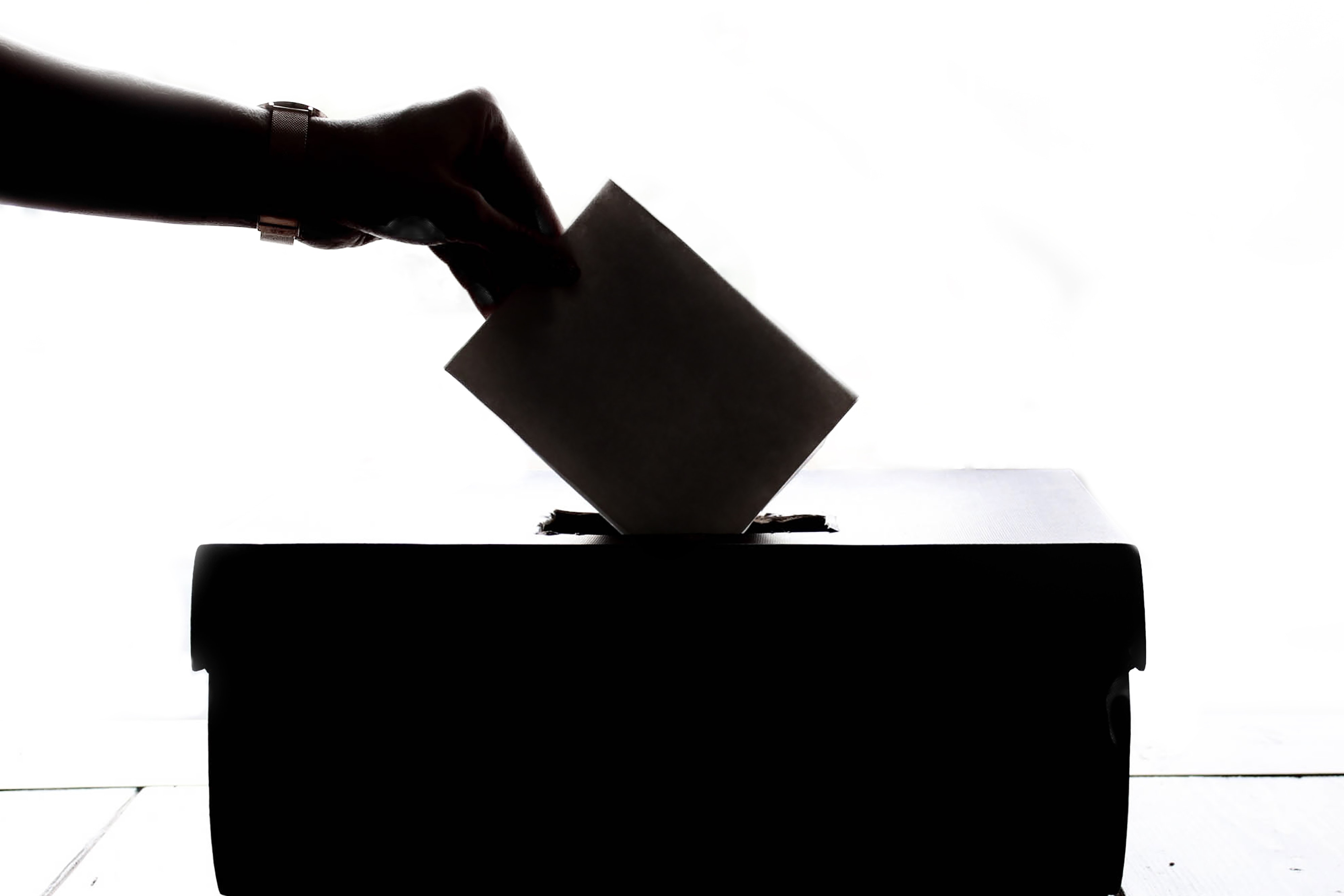Few will argue that elections in the United States feel more like a circus-like spectacle than a civic obligation for most Americans. Counting controversies with ballots have caused political scandals and media feeding frenzies. Accessing accurate information on candidates and measures often is overwhelming – or underwhelming in some cases. And, of course, extensive wait times at the polls make it challenging for people to take time off work, and often deter them from voting at all.
It is, unfortunately, no surprise that the U.S. ranks 31 out of 35 in voting participation, according to the Pew Foundation. A viable solution to this problem is to institute Distributed Ledger Technology (DLT), which is capable of digitizing the voting process in a seamless, secure and error-proof way. Through the power of DLT, votes could be recorded in multiple places at once, rather than at one central location, ultimately preventing hacking.
How is this possible? Through a blockchain, a secure and time-stamped ledger. The blockchain’s storage of votes in multiple places means that each time a voter casts his or her ballot, it would be counted transparently, without interference, and only once.
How could DLT confirm the identity of each voter? Voting with security measures such as tokens for one vote per person, fingerprinting and facial recognition software would help to ensure that each voter’s identity is secure. In addition to the security advantages of DLT, it would give people the option of voting from any location, rather than having to stand in long lines.
If the idea of DLT-based voting may sound too good to be true, it almost is. Several attempts at it have proven futile due to security issues. Though blockchains are helping, the public does not yet understand the intricacies of the technology enough to trust it. Online voting has yet to be publicly accepted as more reliable, secure and fair ways for people to exercise their civic duties.
Despite the challenges, bright entrepreneurs are forging ahead to make voting in the United States a better experience. In Boston, the startup company Voatz has begun to solve the pitfalls of DLT. By building a blockchain voting platform with over $2 million in venture funding, they are spearheading the process of implementing online voting long-term. Their software allows voters to cast ballots through a mobile device connected to the Internet, with biometric sensors that recognize fingerprints and faces to confirm identities and blockchain technology to track auditing, record keeping and accounting.
Voatz has begun to implement the software at town meetings throughout New England as an experiment, while still allowing for traditional voting practices to be used instead. Other states are starting to catch on to the trend as well. California has dedicated over $134 million to improve voting systems in several counties.
No technological advancement in society comes without a few bumps. For those in favor of DLT in voting, there is much hope for the future. The country of Estonia has already successfully implemented blockchain voting. As a result, NASDAQ approved of the blockchain for proxy votes. Many places across the United States are beginning to catch on, too. New progress in DLT innovation may yet be the answer we are seeking to achieve more voter participation in the country we call home.






